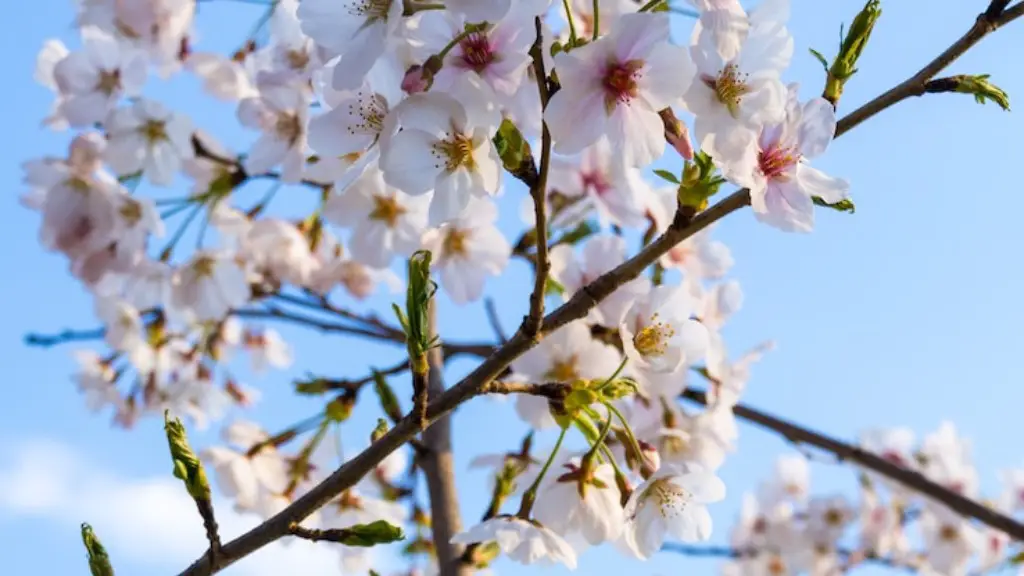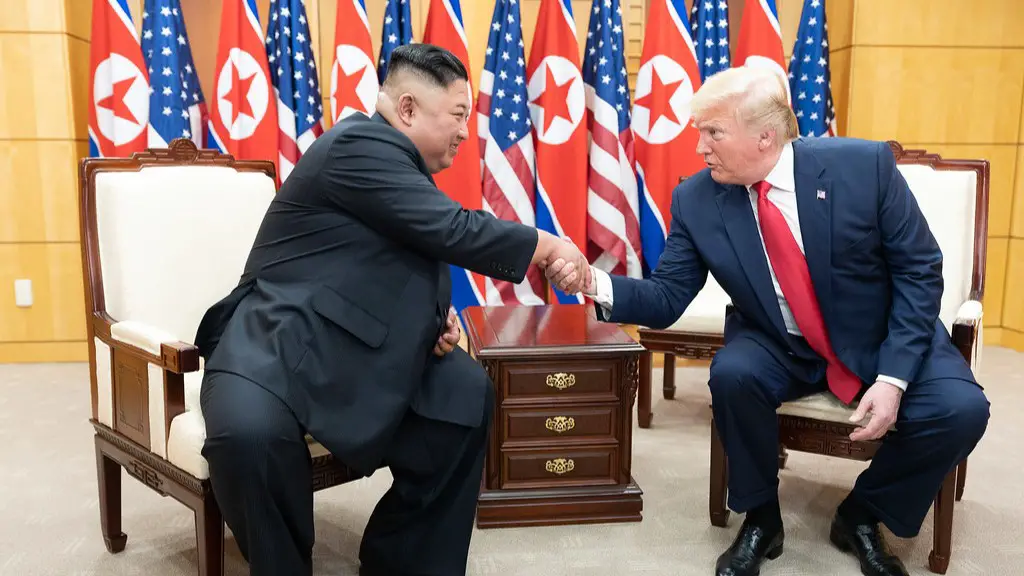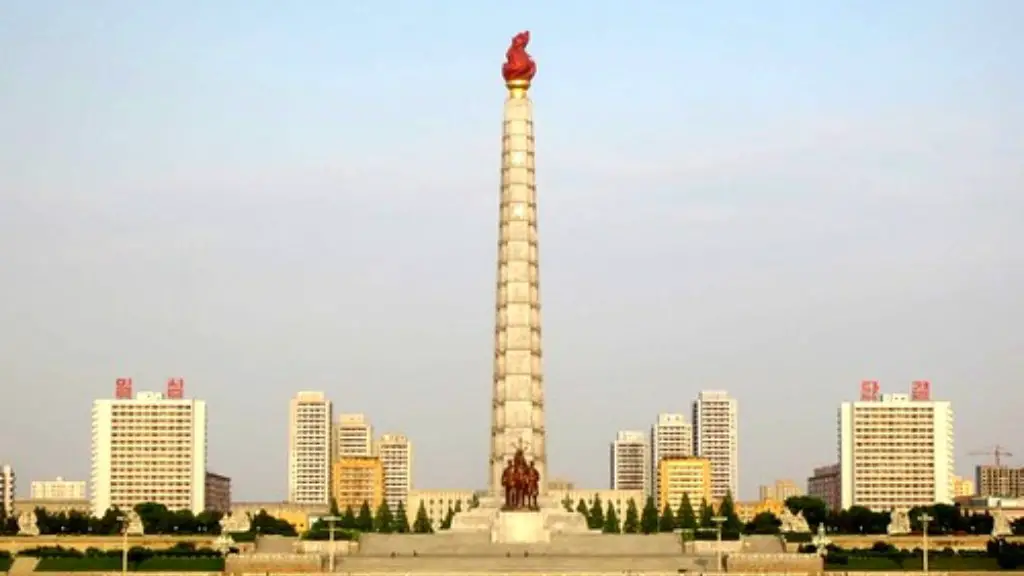Background Information
North Korea, officially known as the Democratic People’s Republic of Korea, is a country in East Asia. It shares a long border with China, and is separated from South Korea by the Korean Demilitarized Zone. It is a single-party state led by the Korean Workers’ Party. North Korea is usually known for its secretive politics, nuclear ambitions, and extreme human rights abuses.
Relevant Data
North Korea is one of the most isolated countries in the world. As of 2018, it has the lowest Human Development Index (HDI) ranking among Asian countries, apart from war-torn Afghanistan and Syria. The HDI is a statistical measure of a country’s average achievements in the areas of health, education, and income. It is calculated annually by The United Nations.
The North Korean economy is one of the least developed in the world. It is highly centralized, with most industries state-controlled. Economic data are hard to come by, but according to the World Bank, North Korea’s GDP per capita is estimated to be around $1,800 in 2019. This is much lower than South Korea’s GDP per capita, estimated at around $38,000 in 2019. Inequality is also an issue in North Korea, with most of the country’s wealth concentrated in the hands of the elites.
Perspectives From Experts
North Korea is a totalitarian state, with an authoritarian leadership. The country’s leader, Kim Jong-un, is declared to be the “Supreme Leader” of the nation and his rule has been described as “one-man dictatorship”. Under his government, North Korea has clamped down on any forms of political dissent and freedom of expression.
According to reports by Amnesty International, the human rights situation in North Korea is “dire” and there is wide-scale violation of basic human rights. The country is infamous for its brutal “prison gulags,” where political prisoners are held without trial or access to lawyers and family members. There is also strict censorship of information, with the government controlling access to the internet and international media.
Own Insights and Analysis
The situation in North Korea is one that is ripe for international intervention, as the country has been severely under-developed and appears to be unable to make leaps forward on its own. The country is so starkly separated from the outside world that the majority of its citizens have never had access to any other type of political system and cannot imagine any type of major political reform.
Kim Jong-un’s regime has made attempts at opening up the country, such as introducing limited market-oriented reforms, expanding the country’s roads and railways, and introducing the Pyongyang Mass Games. However, these attempts at reform appear to be too little to make any significant changes for the people, and the infrastructure is still far behind that of its neighbors.
Economic and Business Opportunities
North Korea’s tough economic situation poses a challenge to international businesses and investors looking to capitalize on the country’s potential. The country has very limited economic latitude and its economic climate is not regulated, making it difficult for companies to assess risks associated with doing business in North Korea. International investors are also wary of the dangers of operating and trading in the unstable country.
However, there are opportunities in North Korea. For instance, international companies could benefit from taking advantage of the low costs of labor or natural resources in the country. There are also opportunities in sectors such as construction, telecommunications, power, and mining.
International Relations
North Korea’s relations with the United States and other countries of the world have become diplomatic standoffs in recent years. North Korea is widely considered to be a “rogue state” due to its provocative behavior, including testing nuclear weapons and launching missiles. The country is subject to a number of United Nations Security Council sanctions and its economy is heavily sanctioned by the United States.
In spite of international pressures, North Korea continues to pursue its nuclear ambitions, with the aim of becoming a nuclear weapons state. The United States government has stated that it will not accept a nuclear North Korea, and has consistently sought a diplomatic solution to the nuclear standoff. In 2018, North Korea held its first summit with the U.S. President Donald Trump and South Korea’s President Moon Jae-in, resulting in the signing of an agreement to work towards denuclearization of the Korean peninsula.
Civil Rights
North Korean citizens have no ability to exercise their fundamental civil rights, with the government imposing strict controls on the media and communications. All forms of basic civil rights, such as freedom of speech, freedom of assembly, and freedom of religion, are greatly restricted. Additionally, citizens cannot challenge the decisions of the government or take part in political activities, including voting and standing in elections.
The government also exercises total control of the country’s education and health systems, as well as its legal system. Human Rights Watch reported that the North Korean government “operates a network of political prison camps in which perceived enemies of the state are sent to serve sentences of indefinite length”.
International Aid
In spite of the dire conditions in North Korea, the international community has been slow to respond to the humanitarian needs in the country. Aid organizations have often faced obstruction by the North Korean government when attempting to deliver aid. Additionally, due to the country’s lack of reliable infrastructure, aid delivery is difficult and slow. Aid organizations have urged governments to provide more financial, material, and capacity-building assistance to North Korea.
In recent years, the United Nations has delivered aid to North Korea, with the government allowing limited access to international aid workers. As a result, several food, economic, and social development programs have been implemented in the country, with a focus on providing basic nutrition, sanitation, and health care to the population.
Cultural Legacy
Despite the oppressive conditions in North Korea, the country has a rich cultural legacy that is celebrated and preserved. The country is home to a number of traditional art and cultural forms, such as folk music, painting, and dancing. Additionally, there are a number of traditional festivals and holidays celebrated throughout the year, such as the New Year’s Day celebration and the Ch’usok Harvest Festival.
The traditional cuisine of North Korea also stands out, with a variety of kimchi dishes, as well as a wide range of stews and noodle dishes. North Korea has a vibrant literary tradition, with a number of native authors publishing works and novels, as well as works of poetry and philosophy.
Sports and Recreation
North Korea is an avid participant in international sports, in which it displays remarkable capabilities considering its limited resources. The country has achieved much success in the Olympic games, with North Korean athletes winning medals in events such as weightlifting, wrestling, taekwondo, and judo.
Sports, as well as a range of other leisure and recreational activities, are an integral part of North Korean life. The country is home to a number of parks, hiking trails, and outdoor activities, such as fishing and boating. Soccer, basketball, and table tennis are also popular among the local population.


